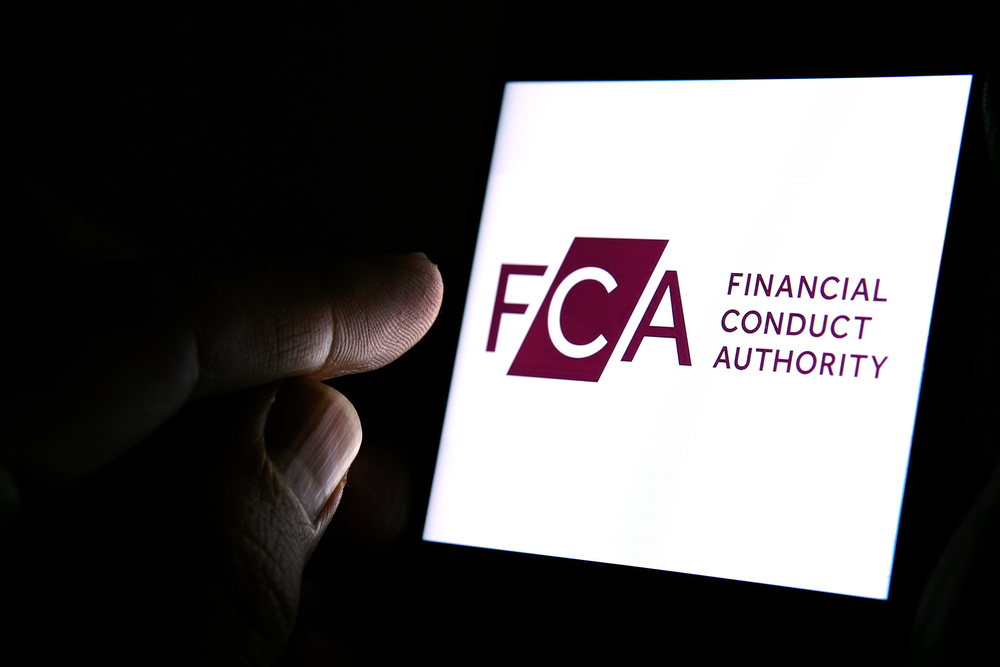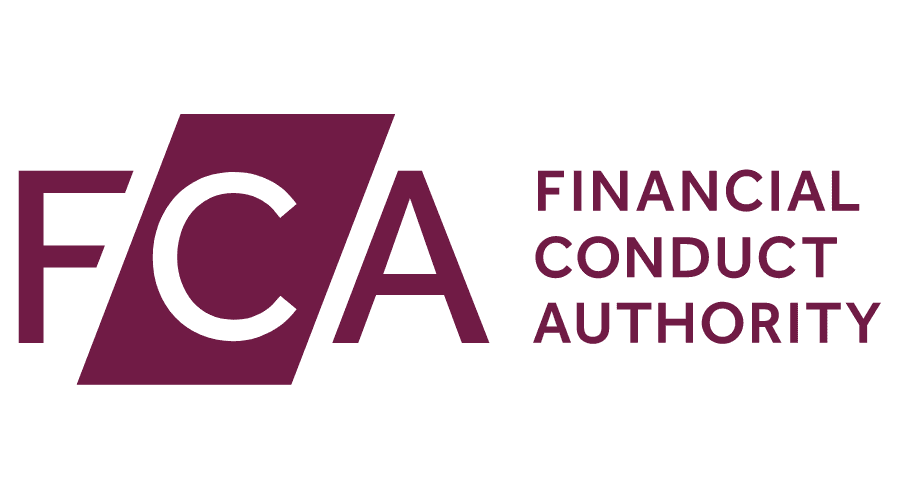The majority of ETFs will find it “very difficult” to meet the labelling criteria under the Sustainable Disclosure Regulation (SDR), the Investment Association (IA) has said.
Responding to the Financial Conduct Authority’s (FCA) consultation on SDR, the IA warned index trackers would be unlikely to meet the stewardship criteria for all three labels – ‘sustainable improvers’, ‘sustainable focus’ or ‘sustainable impact’ – due to the products limited escalation policies.
The IA added some ETFs tracking customised indices would be able to add escalation policies such as divestment, but that it was not “feasible for the majority”.
“It is not clear from the FCA’s proposal whether funds tracking an index that aims to have a certain ESG score improvement compared with the parent index can qualify as ‘sustainable improvers’,” the IA said.
“Index trackers may struggle to meet the stewardship requirements due to the limited potential escalation. While ETFs tracking more customised indices might be able to introduce escalation policies such as divestment, it is not clear that this is feasible for the majority.”
According to the FCA’s consultation, index trackers could meet the criteria for the ‘sustainable improvers’ but acknowledged they would be unlikely to meet the other two.
It comes after the UK regulator suggested a raft of new measures last October in a bid to clampdown on fund greenwashing.
The FCA suggested several new measures including sustainable investment labels and consumer-facing disclosures to boost consumer trust, making the key sustainability features of a product much clearer.
However, the IA said it had several concerns regarding the regulation “that would work against the FCA’s objectives in protecting retail investors”.
“While we commend the FCA’s positive work to date, we are concerned that without changes, the proposals will result in an approach that does not serve consumers effectively or facilitate the transition to a more sustainable future,” Chris Cummings, chief executive of the IA said.
“Currently, the proposals contain aspects which are overly prescriptive and would exclude many existing funds, which are being sold legitimately to satisfied customers on the basis of a strategy related to responsible or sustainable investment.”
The group suggested adopting less prohibitive naming and marketing rules and allowing asset managers to use internal frameworks as a credible standard for environmental and sustainability.
Also responding to the FCA’s consultation, Arthur Carabia, director of ESG policy research at Morningstar, added: “We support the FCA’s goals of setting a high bar for sustainable products and requiring firms and products to disclose more information about ESG investment practices.
“This information is increasingly a core investment theme for a growing number of investors. A broader level of ESG disclosure will become more imperative to maximize transparency and empower investor success.”
Related articles





